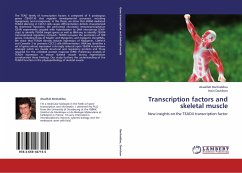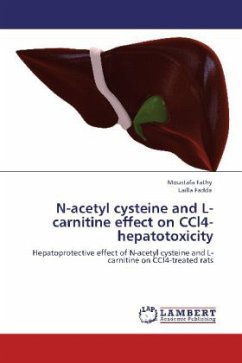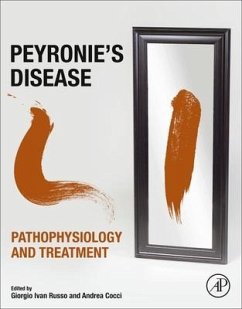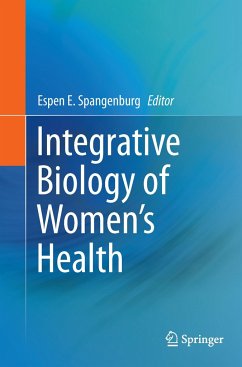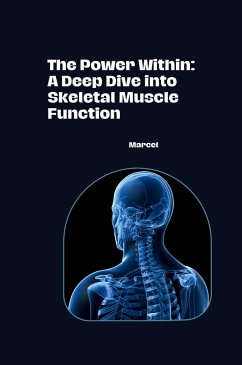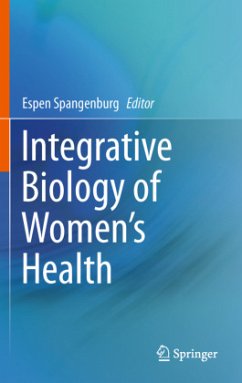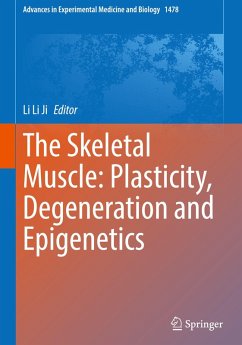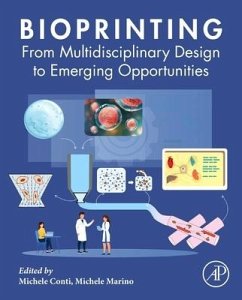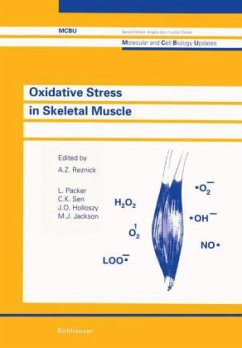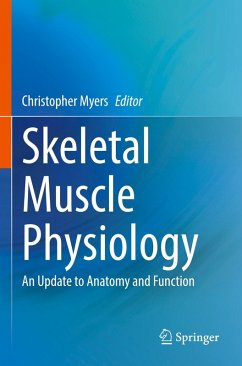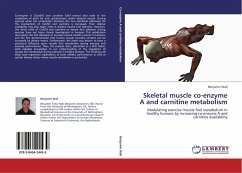
Skeletal muscle co-enzyme A and carnitine metabolism
Modulating exercise muscle fuel metabolism in healthy humans by increasing co-enzyme A and carnitine availability
Versandkostenfrei!
Versandfertig in 6-10 Tagen
45,99 €
inkl. MwSt.

PAYBACK Punkte
23 °P sammeln!
Co-enzyme A (CoASH) and carnitine fulfil several vital roles in the catabolism of both fat and carbohydrate within skeletal muscle. During exercise when the competition between the two metabolic pathways for the involvement of CoASH and carnitine is increased, their relative availability may play major roles in skeletal muscle fuel selection. However, the direct roles of CoASH and carnitine in muscle fuel selection during exercise have not been closely investigated in humans. This publication documents the first attempts to increase muscle CoASH content in humans, and the first demonstration t...
Co-enzyme A (CoASH) and carnitine fulfil several vital roles in the catabolism of both fat and carbohydrate within skeletal muscle. During exercise when the competition between the two metabolic pathways for the involvement of CoASH and carnitine is increased, their relative availability may play major roles in skeletal muscle fuel selection. However, the direct roles of CoASH and carnitine in muscle fuel selection during exercise have not been closely investigated in humans. This publication documents the first attempts to increase muscle CoASH content in humans, and the first demonstration that human muscle carnitine content can be increased by dietary means. Furthermore, the latter was shown to have a profound influence upon muscle fuel metabolism during exercise and exercise performance. Thus, the present data, submitted as a PhD thesis, adds valuable knowledge to our understanding of the regulation of muscle fuel metabolism during exercise in healthy humans. The findings will likely have important implications to both athletic performance as well as certain disease states where muscle metabolism is perturbed.



